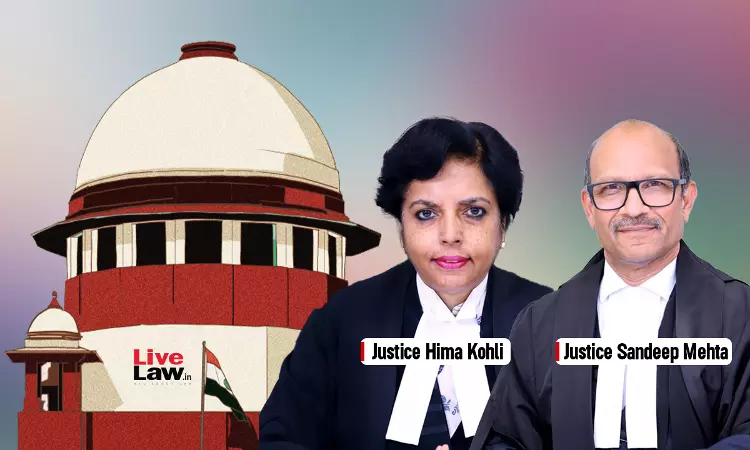'Temporary' Employees Working For Decades Like Regular Govt Employees Can't Be Denied Equal Benefits: Supreme Court
Yash Mittal
23 Aug 2024 4:05 PM IST

The Supreme Court held that the benefits of the 6th Central Pay Commission can't be denied to the appellants citing their 'temporary' status.
Next Story


